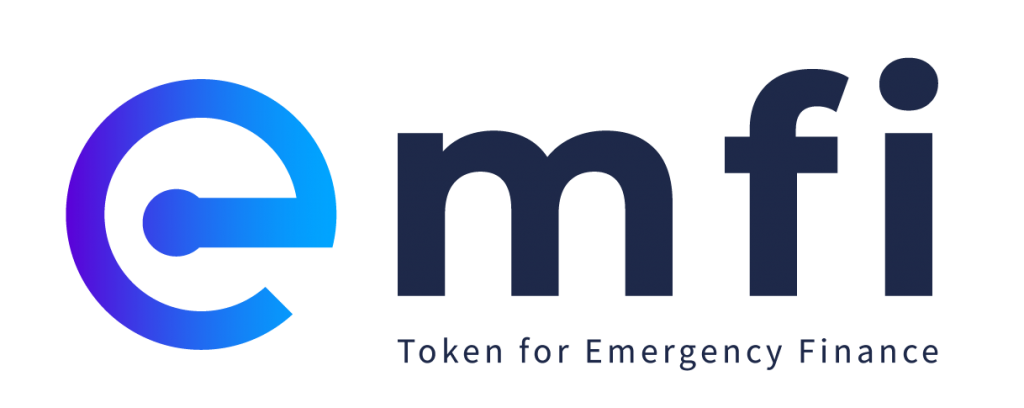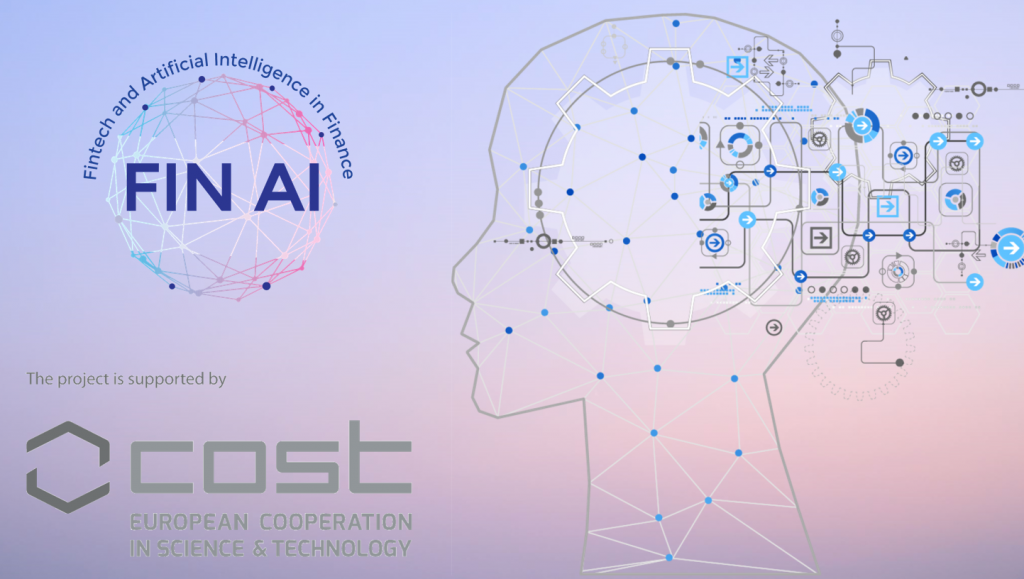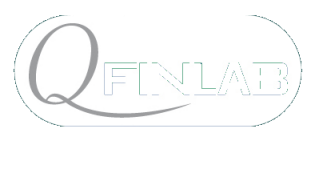
Algorand Foundation has awarded a substantial grant from their “Research projects and use cases” program to the project “EmFi: a special-purpose virtual currency for the Covid-19 socio-economic emergency in Italy”.
Partners of the project are Politecnico di Milano (QFinLab – Mathematics Department), Cefriel, and Stirling University (Computing Science and Mathematics). The project is run in partnership with Comune di Milano (Council of Milano), which is interested in validating innovative financial and payment instruments, such as those investigated by the project. A project use case will be tailored to financial circuits for state support for pupils in need at primary schools (cedole librarie).
The goal of the project is to study crypto and digital currencies supported by new generation Digital Ledger Technology (DLT), in the context of public financial support to citizens in socio-economic crisis scenarios. The project aims to experiment with “special-purpose digital money” and “sustainable and inclusive financial circuits”. Special-purpose digital money is about the management of financial resources for selected beneficiaries subject to pre-defined goals, particularly for the use of resources (e.g. social good), one such example being the mentioned support for primary school pupils.
Sustainable and inclusive financial circuits aim to reach beneficiaries who could otherwise be out with the existing financial system (for instance the unbanked).
Such individuals could easily become part of the EmFi innovative financial system, simply by means of using a mobile app. Special-purpose money and financial circuits enable advanced interventions, whose desirable properties can be “programmed” and are supported by the technology.
This project is based on Algorand technology, a breakthrough Distributed Ledger Technology developed by the MIT professor and Turing Award Silvio Micali. Algorand represents a further innovation from models like Bitcoin and Ethereum. Noticeably, Algorand is also sustainable, secure and an extremely efficient technology.
Differently from many current systems for the distribution of resources, such as those based on vouchers or a prepaid cards, EmFi relies on digital tokens for the creation of sustainable circuits. One of the main advantages of such an approach is disintermediation, which allows the number of man-in-the-middle needed to reach beneficiaries to be reduced, by means of the construction a resource supply chain, which is efficient, but also secure, low-cost and accountable.
RATIONALE
Applications based on DLTs are currently being studied by institutions like the ECB, many central banks, and regulators. They are of strong interest as game changers, when compared to traditional financial circuits, since, for instance, they allow individuals to be reached in an efficient and secure way, and with low associated costs thanks to the disintermediation of incumbent financial systems.
The COVID-19 emergency has clearly shown how public authorities need to efficiently reach also those potential targets of support interventions who are not included in traditional financial circuits. The pandemic has made evident that a large part of the most disadvantaged population, which would be a natural target of financial support, is actually unbanked and difficult to be reached. Solutions adopted by governments, such as cheques of prepaid cards, have shown serious limitations, often unable to reach intended recipients, leaving many without essential aids.
The design of such innovative circuits, like the ones studied in EmFi, poses foundational questions, which will be addressed by the project: privacy, fraud prevention, clear identification of target beneficiaries (digital identity), provenance for the usage of resources linking sources to targets, and financial inclusion (particularly for unbanked or difficult to reach target beneficiaries).
GOALS
Goals of the project include the design of a suitable framework and the execution of a pilot use case to validate the approach in collaboration with the Council of Milano. The development of such a framework requires addressing both technological and financial challenges. This project will provide Algorand Foundation with a first use case, based on DLT and digital money, on the actual distribution of aids to final users in a crisis scenario in Europe. The reference technological context is in a strongly developing phase worldwide, and in Europe, with a large number of studies in the context of digital money.
THE PROJECT CONSORTIUM
The Politecnico di Milano, project coordinator, focuses on financial technology and legal aspects. The University of Stirling is responsible for the design of the technological infrastructure and the definition of efficient and accountable procedures for the management of beneficiaries, resources and aims of interventions through programmable digital money. Cefriel is responsible for the development of the EmFi framework and the execution of the pilot, and the technical coordination. The Council of Milano is partner of the project, contributing to the definition of use cases (support to pupils in primary schools) and financial circuits, within a synergic approach with their other projects currently running.
- October 18-19, 2021 – EMFI@POLIMI trial


